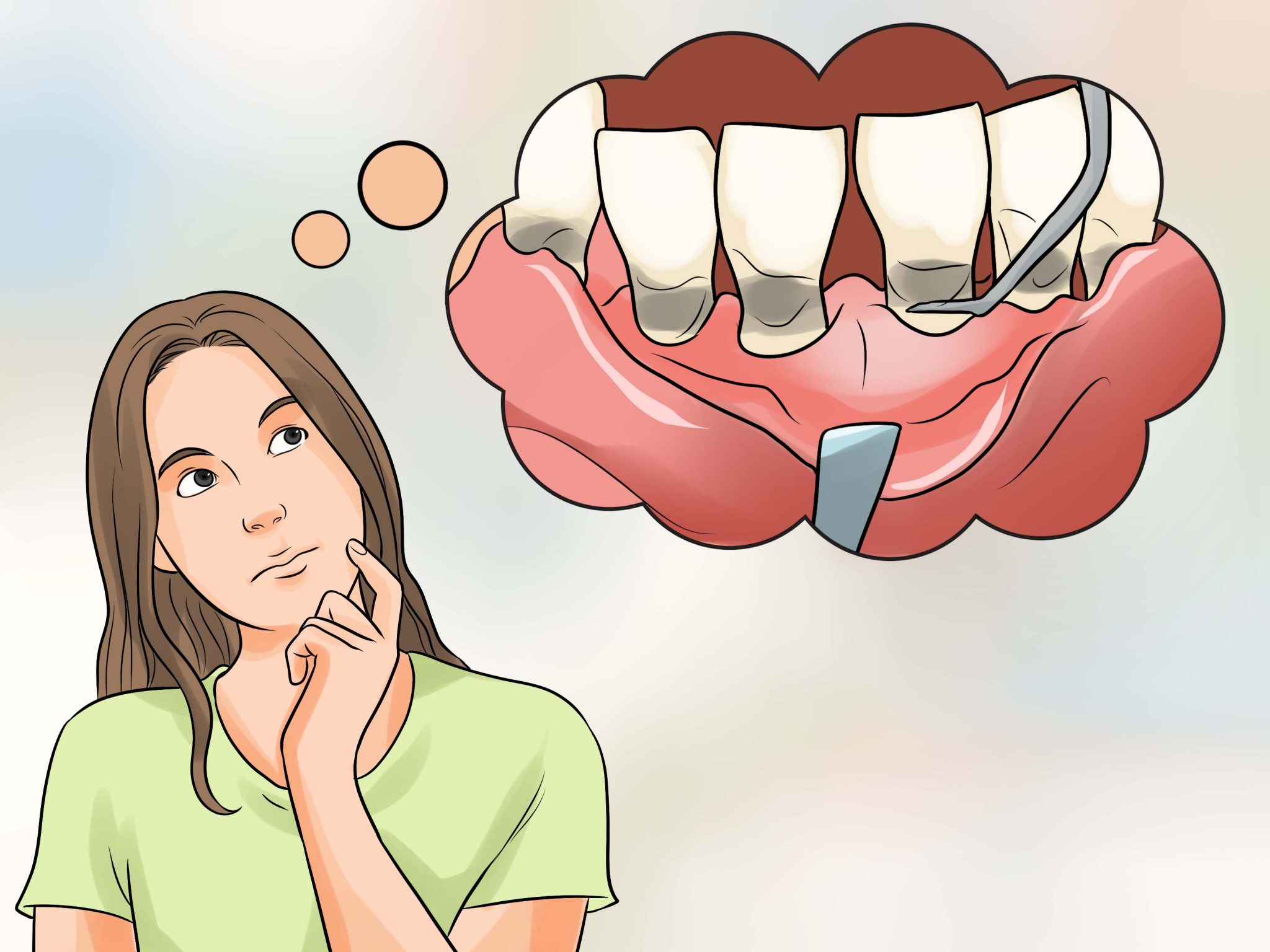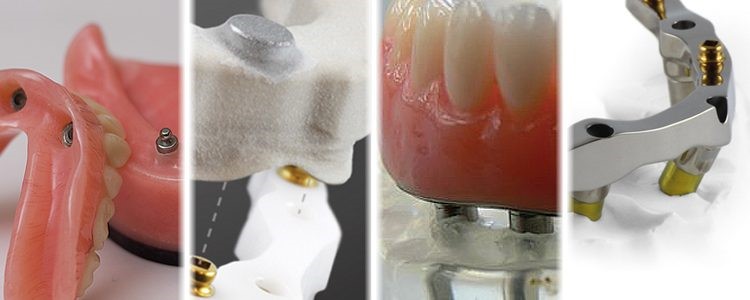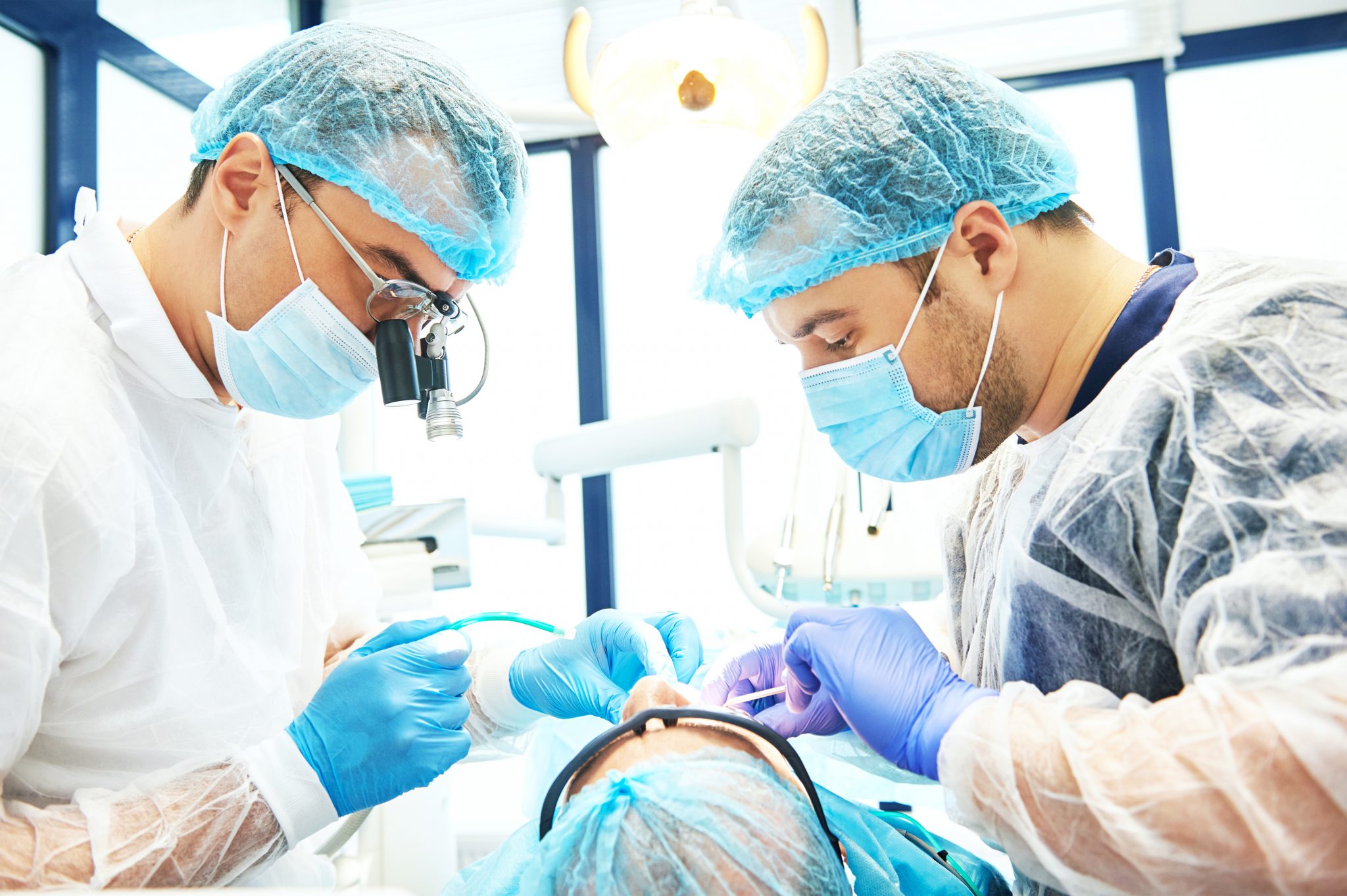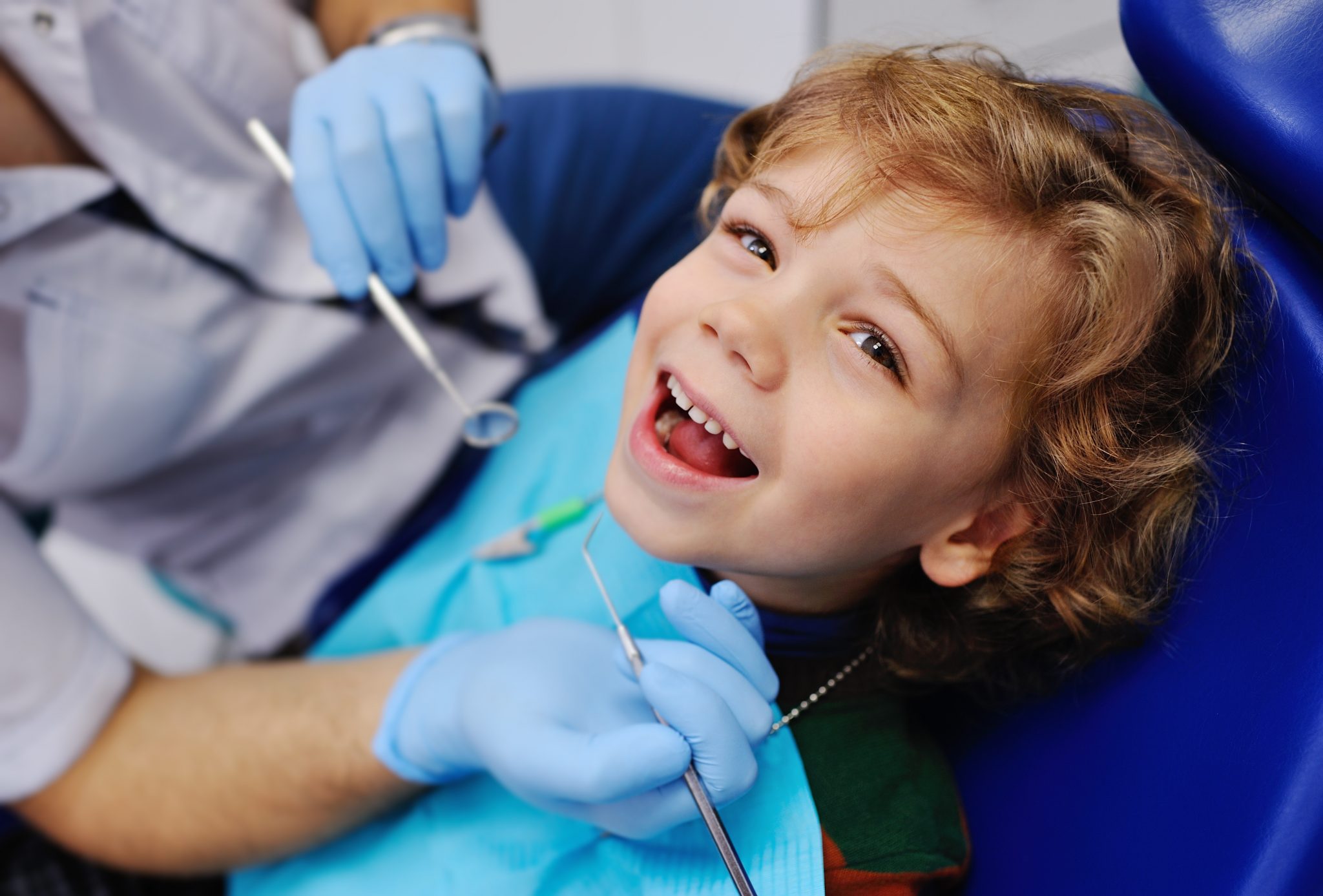Do you feel a strange sensation around the gums and teeth in your mouth? Initially, you felt a tingling and tickle, but after some time it’s become a bit more uncomfortable. You had love to put a toothbrush in the mouth and give your gums and teeth a good scratch.
Itchy gums may feel irritable and unpleasant, but then again, the primary cause is often quite clear. Once you figure out what cause you itch in your gums then treating and preventing the issue of itch in the future should not be too difficult. Take a quick look at the following causes of itch in the gums:
Gum Issues
In a few cases, itchy gums are led by gum issues. Majority of the people associate gum issues with irritated and swollen gums, but the issue can also cause itching.

Fortunately, gum issues can be treated. The dentist is the only person who will provide you with effective treatment to minimize the inflammation, redness by deep-cleaning your teeth and gums. The dentist will also give you further tips in order to take good care of your teeth and gums at home.
Plaque Build-Up
The mouth contains much germs or bacteria. Those germs associated with sugars or other food particles in the mouth to form a sticky film-substance known as plaque that covers your gums and teeth. Brushing the teeth on a daily basis assists in removing plaque and keep the mouth healthy. However, if the plaque isn’t removing, for instance, when a person’s skip a day of brushing teeth, it can build up sufficient for them to feel it. Sometimes, it might feel like a fuzzy coating on the teeth. On the other hand, in some cases it may feel a slight itch, as plaque is irritating the gums.
After Any Dental Surgery
Once a while, itchy gums occur after any form of oral surgery, when the incisions are healing. For instance, if a person has extracted its wisdom tooth, itchiness in the gums may occur in the process of healing. Washing the mouth with salt water may assist in soothing the itch. Whatever you want to do in order to soothe your itchy gums but avoid scratching the gums after oral surgery. Scratching can obstruct the process of healing after surgery.
Allergies
Allergies not only lead to itch in your eyes and nose, but they can also lead itch in your gums. If you ingest something that you are allergic and use a product near or in your mouth that leads to an allergic reaction, it can result in irritation, itching, as well as inflammation of the gums. Itchiness in your can often be relieved by flossing and brushing your teeth regularly, which can assist in preventing gum issues. Visit your dentist who can recommend you rinse with a mouthwash that can provide to relief from itching.











